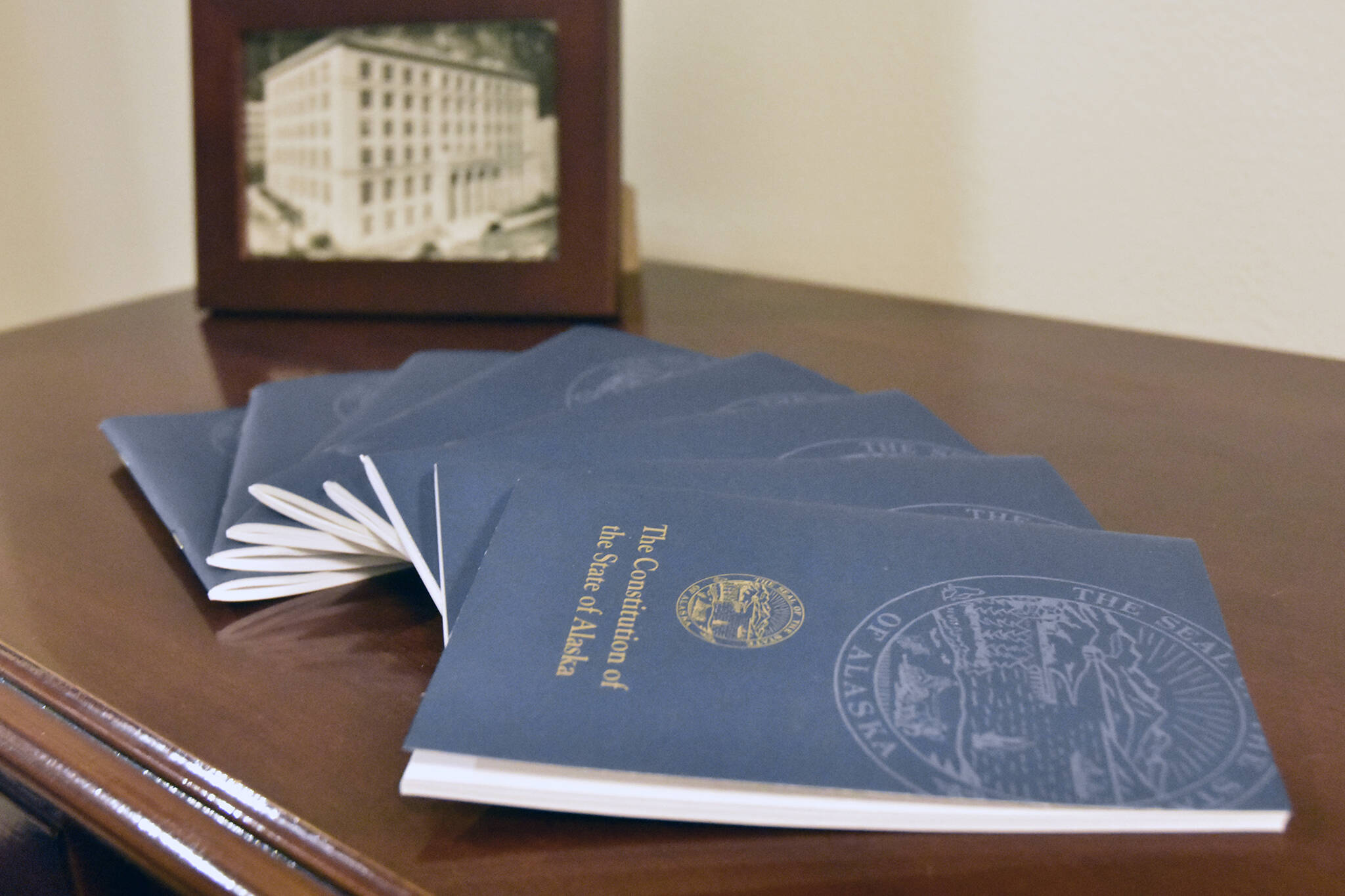A constitutional convention would encourage horse-trading with Alaska’s foundation and future. It would inevitably be a negotiation involving numerous special interests. Like any negotiation in which interests are adverse and common ground is lacking, the resulting document is not likely to be a model of clarity or public policy. Because in a convention all provisions of the Constitution can be re-written, support or opposition to each can be leveraged to broker support for other changes supported by only a minority of delegates. As a result, any document approved by a convention is not likely to serve the overall long term interests of a majority of Alaskans.
Why is this the case? A present day convention has no overarching, unifying, goal such as creation of a model governance document required for statehood. In 1956 the goal of statehood encouraged subordination of special interests and drove consensus for the common good. Of course we are already a state, and have a fundamentally sound constitution. That leaves special interests as the proponents and drivers of a constitutional convention.
So how would special interests affect a convention? Anyone who has tried to draft a document with parties who do not share common interests knows that the process and result can be ugly and have little resemblance to drafting a model document. In a convention, all provisions of the Constitution are in play. Any special interest group represented by a minority of delegates would need to trade support for, or opposition to, other provisions to get their provisions included. Coalitions of special interests could together pass their respective minority positions, or hold unrelated principles of good governance hostage. In some instances ambiguous language would be required to satisfy the conflicting interests of those groups. At the same time, the drive to enshrine special interests in the constitution could result in detailed inflexible mandates or prohibitions on specific issues. That would eliminate the capacity of future Alaskans to deal with changing circumstances or unintended consequences.
So why are these dynamics a problem? While it is not perfect, overall, Alaska has a model constitution that works well for a majority of Alaskans. It is the foundation for Alaskans’ individual rights and personal freedoms, as well as economic and legal certainty. No massive re-write is warranted. If your house needs some updates you don’t start by digging up the foundation.
Constitutions are intended to set broad, fundamental, principles of good governance. Changes are not supposed to be easy, since relative permanence provides a solid foundation for predictable governance, as well as a predictable check on Legislative, Executive, and Judicial authority. Alaska’s constitution is no exception. See https://ltgov.alaska.gov/information/alaskas-constitution/ Constitutions also are not intended to take the place of specific legislation on less fundamental aspects of governance. For example, the Permanent Fund itself was created by a voter-approved amendment to the Constitution in 1976. However, in that amendment voters required that the Legislature determine the details of any use of income: “… All income from the permanent fund shall be deposited in the general fund unless otherwise provided by law.” (Article IX, § 15.)
It is true that a flawed document resulting from a convention may be rejected by informed voters. But that could occur only after years of uncertainty and untold expense.
By contrast, individual amendments can be made outside a convention. They must pass or fail on their individual merits. See Article XIII, § 1. Individual amendments do not involve the leveraging of minority positions, uncertainty, and expense associated with a constitutional convention. This process has worked to address individual issues numerous times. For a list of amendments see https://ltgov.alaska.gov/information/alaskas-constitution/
The Constitution’s basic principles form the foundation for Alaskans’ individual rights, personal freedoms, as well as economic and legal certainty. Let’s not invite horse-trading with those principles, or risk damage to the solid foundation on which Alaska is built. Please vote no on Ballot Measure 1.
• Mike Hostina has practiced law in Alaska since 1985, including as deputy ombudsman for the State of Alaska, and as a labor negotiator and now retired General Counsel Emeritus of the University of Alaska System. The opinions expressed are his own.Columns, My Turns and Letters to the Editor represent the view of the author, not the view of the Juneau Empire. Have something to say? Here’s how to submit a My Turn or letter.

